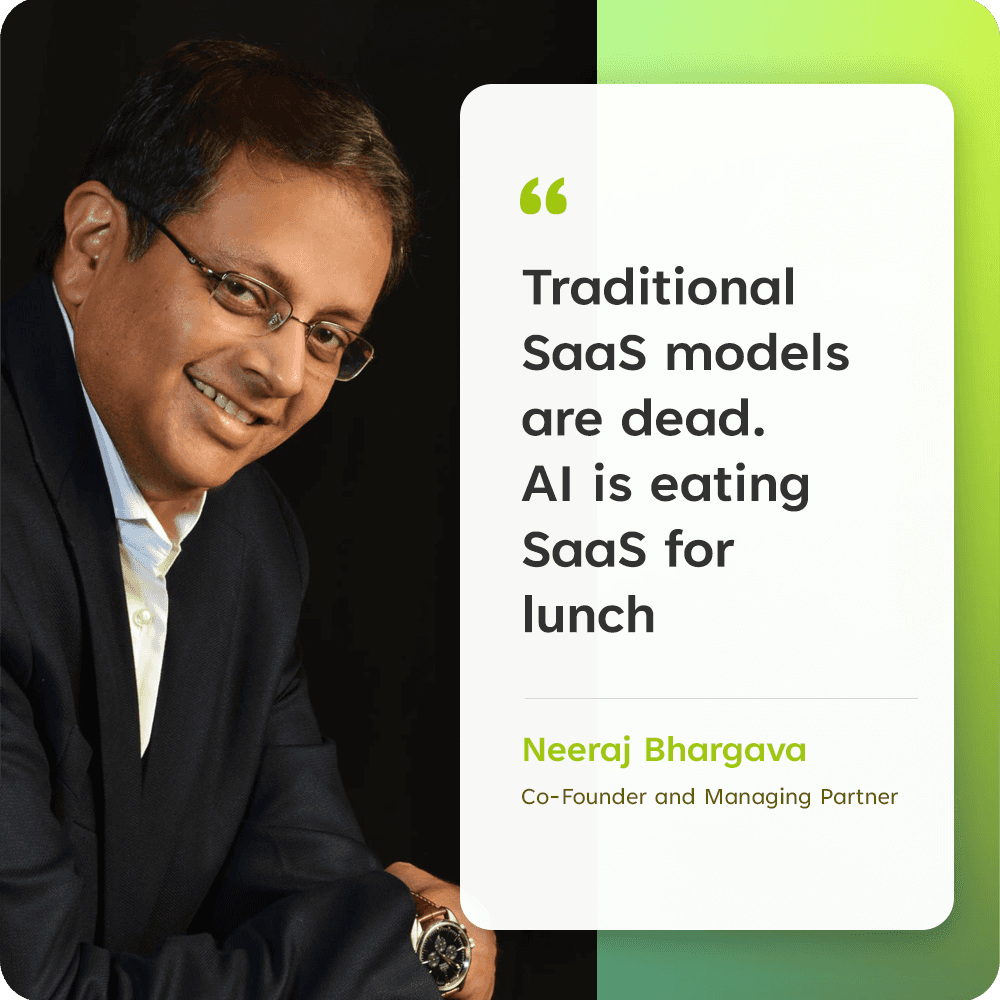Oct 22, 2024
4 Min

Aistra

In the rapidly evolving tech landscape, artificial intelligence (AI) is fundamentally transforming the way we think about products and services. The traditional distinctions between the two are becoming increasingly blurred, leading to new business models and strategies that companies must navigate to remain competitive.
Blurring of Product and Service Distinctions
With the rise of AI, the cost and effort required to develop new software products have significantly decreased. This shift is encouraging businesses to prioritize customization and service-oriented features over standardized offerings. Companies are recognizing that in a world where AI capabilities can be rapidly deployed, the focus should be on enhancing customer experiences through tailored services integrated into their products.

Implications for Traditional SaaS Models
As AI technologies advance, they challenge the conventional software-as-a-service (SaaS) model. New software paradigms are emerging, leading to a sense that “AI is eating SaaS.” This evolution is not merely a trend but a redefinition of how software can be utilized, pushing companies to adapt and rethink their approaches to software delivery and customer engagement.
The Need for Integrated Product-Service Solutions
Success in this new landscape will hinge on the ability to seamlessly integrate AI-powered products with high-touch human services. Companies that can blend self-service solutions with personalized support will likely stand out. Solving complex customer problems will require a holistic approach, where products and human expertise work in tandem to deliver comprehensive solutions.
Impact on Business Operations and Workforce
The rise of AI will automate many mundane, structured tasks, freeing up valuable time for employees to focus on more strategic, value-added work. However, this shift will necessitate significant changes to target operating models and workflows. Organizations will need to invest in training and support to help their workforce adapt to this new reality and leverage AI effectively.

Emerging Terminology and Business Models
As the lines between products and services continue to blur, new terminology and business models will emerge. We can expect a coexistence of various approaches: pure product offerings, pure services, and integrated product-service solutions. The winners in this new landscape will be those who effectively blend AI capabilities with human expertise to create unique value propositions.
Conclusion
The rise of AI is not just a technological advancement; it’s a fundamental transformation in how businesses approach their offerings, operations, and workforce strategies. As companies navigate this new landscape, those that can innovate and adapt will thrive in a world where the distinctions between products and services are increasingly indistinct.



